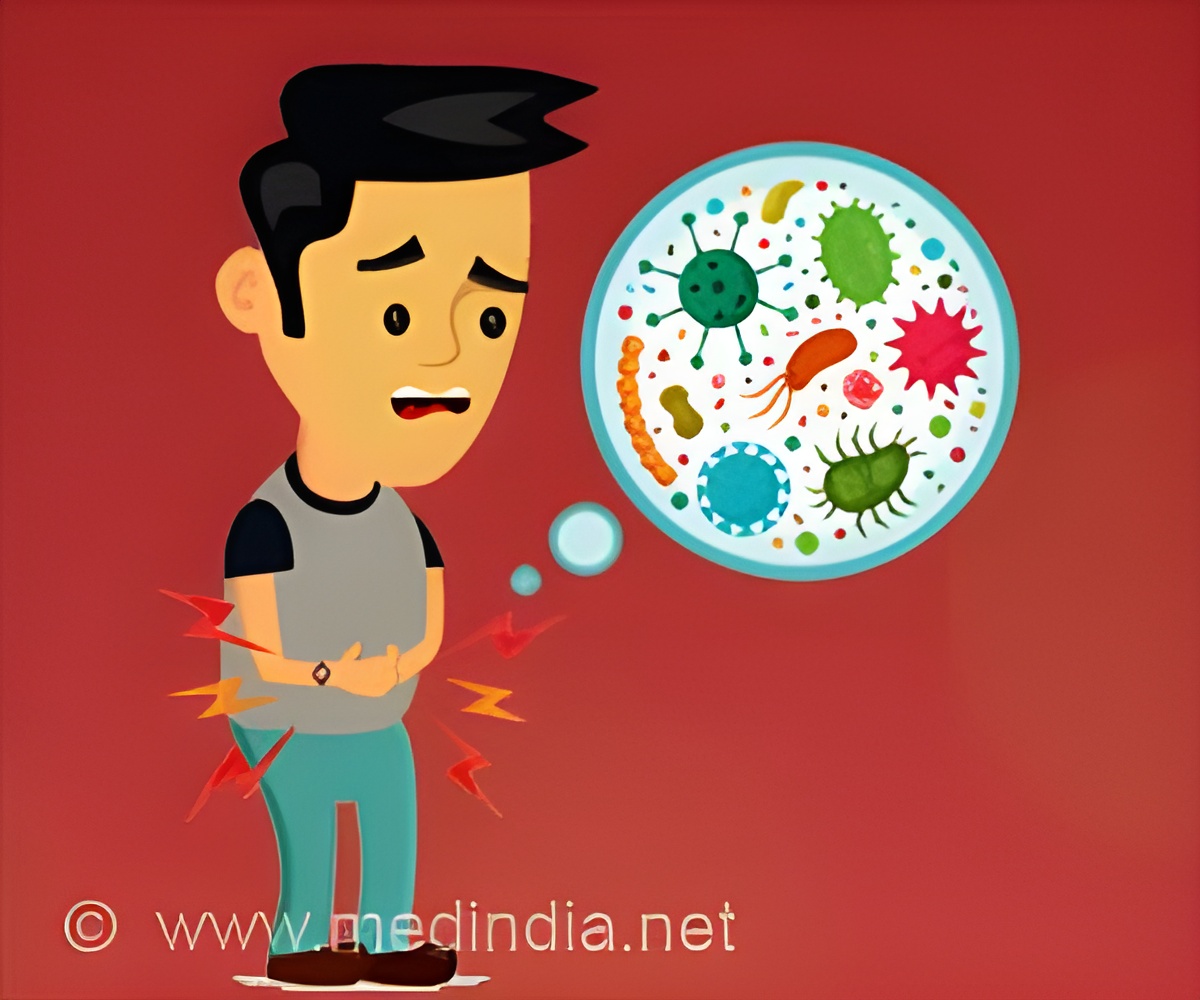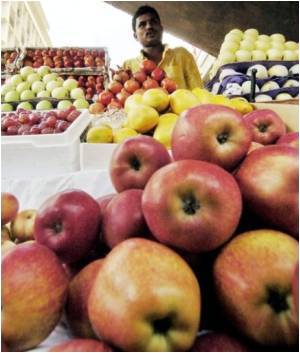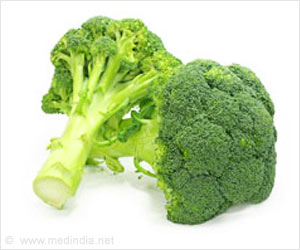Natural toxins and foodborne chemicals in the global food supply pose a higher burden of disease in underprivileged communities across the globe, reveals a new study.

‘Watch out: Naturally occurring chemicals and toxins in the global food supply are known to pose a burden on worldwide health.’
Read More..




The Society for Risk Analysis (SRA) will present new studies as part of its Global Disease Burden Caused by Foodborne Chemicals and Toxins symposium as part of its 2019 Annual Meeting at the Crystal Gateway Marriott in Arlington, Virginia. This symposium will provide updates to a 2015 World Health Organization (WHO) publication which analyzed the disease burdens caused by these toxins.Read More..
While infectious diseases tend to get greater attention, the impact of foodborne chemicals and toxins on cancers, cardiovascular and neurological illnesses is significant. Herman Gibb, Ph.D., M.P.H., found that in 2015, foodborne arsenic, methylmercury, lead and cadmium resulted in more than one million illnesses, 56,000 deaths and more than nine million disability-adjusted life years (DALYs) worldwide.
His study, "Global burden of foodborne disease: Introduction and methylmercury," also revealed Southeast Asia and the Pacific islands (Western Pacific B) was the subregion most impacted.
Aflatoxin, a toxin produced by mold that grows on corn and various nuts, including peanuts and tree nuts such as almonds and pistachios, causes liver cancer in humans at a higher rate than alcohol. Now, scientists are learning that aflatoxin also harms humans' immune systems which can result in an impaired response to infections.
In her study, "Aflatoxin in corn and nuts: Cancer and immunological effects," Felicia Wu, Ph.D., from Michigan State University found that up to 155,000 liver cancer cases globally, each year, are caused by aflatoxin, but aflatoxin also increases inflammation and dampens antibody responses to viruses.
Advertisement
Lead contamination, which can occur naturally or as a result of pollution, affects the nervous system, particularly in infants and children. In his study, "Global estimates for the impact of lead from food on IQ and disability adjusted life years," Clark Carrington, Ph.D., found that, on average, lead in food is estimated to result in a decrement of about one IQ point.
Advertisement















